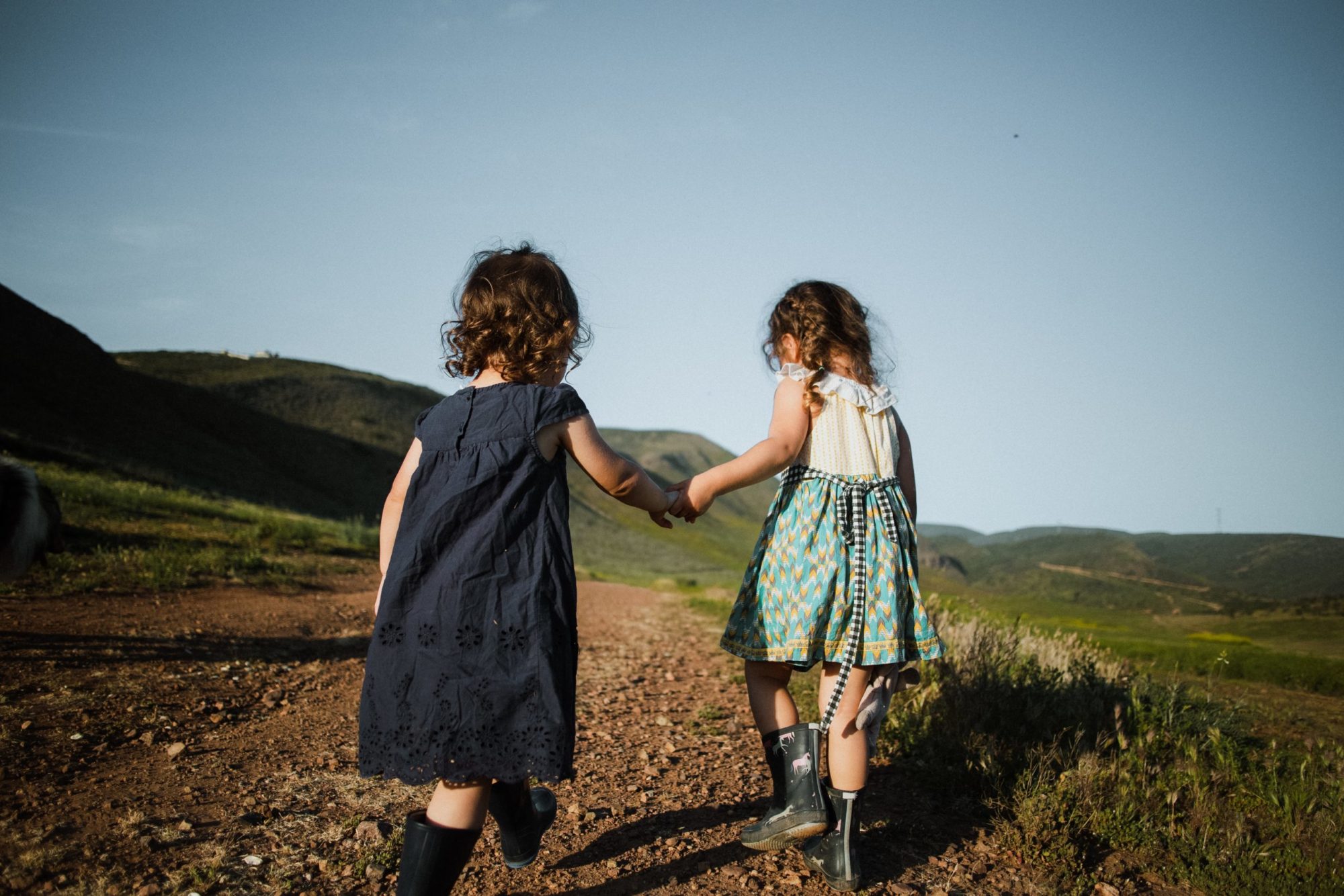The climate crisis threatens our basic human rights today and tomorrow. Growing rates of extreme events, such as wildfires, crop failures, droughts, floods, and heatwaves are forcing millions to flee their homes, and disrupting access to lifesaving services. As is usually the case in any crisis, children — particularly those most impacted by inequality and discrimination, such as the indigenous, displaced, children with disabilities, and girls — are especially vulnerable. Children’s increasing exposure to extreme events has serious implications for their rights and the future development of their countries. Ahead of the UN Climate Change Conference (COP 26), we must remind world leaders that child rights must be part of the agenda.
THE CLIMATE CRISIS IS A CHILD RIGHTS CRISIS
New data published by Save the Children highlights the intergenerational injustices posed by the climate emergency. It finds that a child born in 2020 will on average face seven times more scorching heat waves during their lives than their grandparents under the original Paris Agreement emission reduction pledges. Newborns will also live through 2.6 times more droughts, 2.8 times as many river floods, and twice the number of wildfires.
The climate emergency also poses a growing risk to children’s rights to education and protection: 75 million children have their education disrupted each year, of which around half are due to environmental threats, such as floods and drought. Schools are often damaged or even destroyed, as we saw when Cyclone Idai struck Mozambique in 2019, leaving thousands of classrooms in ruin. Climate-induced displacement — projected to increase dramatically over the next few years — is contributing to rising school dropout. Girls are also at increased risk of child marriage as families struggle to cope with the economic impact of climate shocks, which could shut these girls out of classrooms for good.
As governments prepare to review their commitments to the new five-year cycle of the Paris Agreement, they must not overlook these devastating impacts.
A NEW GREEN LEARNING AGENDA
Education equips the next generation with the tools and skills to respond to the challenges posed by climate change. It can help children to protect themselves and their communities against the worst impacts. Yet, social solutions are often ignored at the expense of flashy new technology. And despite the growing evidence, countries are failing to prioritize education on sustainability, climate change, and biodiversity.
Education equips the next generation with the tools and skills to respond to the challenges posed by climate change.
Including topics like the environment, the climate crisis, and biodiversity into the curriculum can help to ensure that children have the necessary knowledge and capabilities to build resilience and adapt to a changing climate. Teaching skills for green jobs, such as data analysis, environmental and ecosystem management, and STEM subjects enables young people to work in green sector jobs and support the transition to a low-carbon economy. Educating girls contributes to gender equality in the economy and society — research shows that women’s participation in politics leads to more pro-environmental policies and higher levels of environmental wellbeing. Just look at Finland.
Quality education can also support children to be the climate leaders of today and tomorrow — helping them to imagine a different future and act toward it. It ensures that young people gain the life skills, such as adaptability, cooperation, critical thinking, and empathy, necessary to lead social movements and bring about greener, more inclusive, and more just societies.
LEADERS MUST PROTECT PEOPLE AND PLANET
As co-host of this year’s COP 26, the UK has an opportunity to prove its diplomatic clout, in a year that it disbanded a world class international development department, slashed the aid budget, and delivered a lackluster G7 presidency. By working with President Joe Biden to spearhead climate action, the UK could also boost its chances of a new post-Brexit trade deal that focuses on wider green policy objectives. Fortunately, UK Prime Minister Boris Johnson finally seems to be heeding the warnings, after previously trashing climate science. In a recent speech to the UN General Assembly — delivered with the low-rent sheepishness of a man caught with an off-peak ticket in rush hour — Boris quoted the science (and Sophocles).
As a personal priority for the prime minister, education is one area that the UK can make its mark post-Brexit. It must lead on global efforts to ensure countries anticipate and respond to climate-related events that impact children’s rights, as well as climate action and financing for mitigation to cut overall emissions. This should include ensuring that governments’ Nationally Determined Contributions commit to building more resilient “climate-proof” education systems and integrating climate justice learning strategies to transform curriculums.
Acknowledging the crisis, Boris said “we are just old enough to get ourselves into serious trouble.” Yet, it is children, not us, who are in the deepest trouble. It is time leaders pick up the mess that they have left for the next generation.
Anya Cowley is a Global Education Policy and Advocacy Advisor at Save the Children.





















